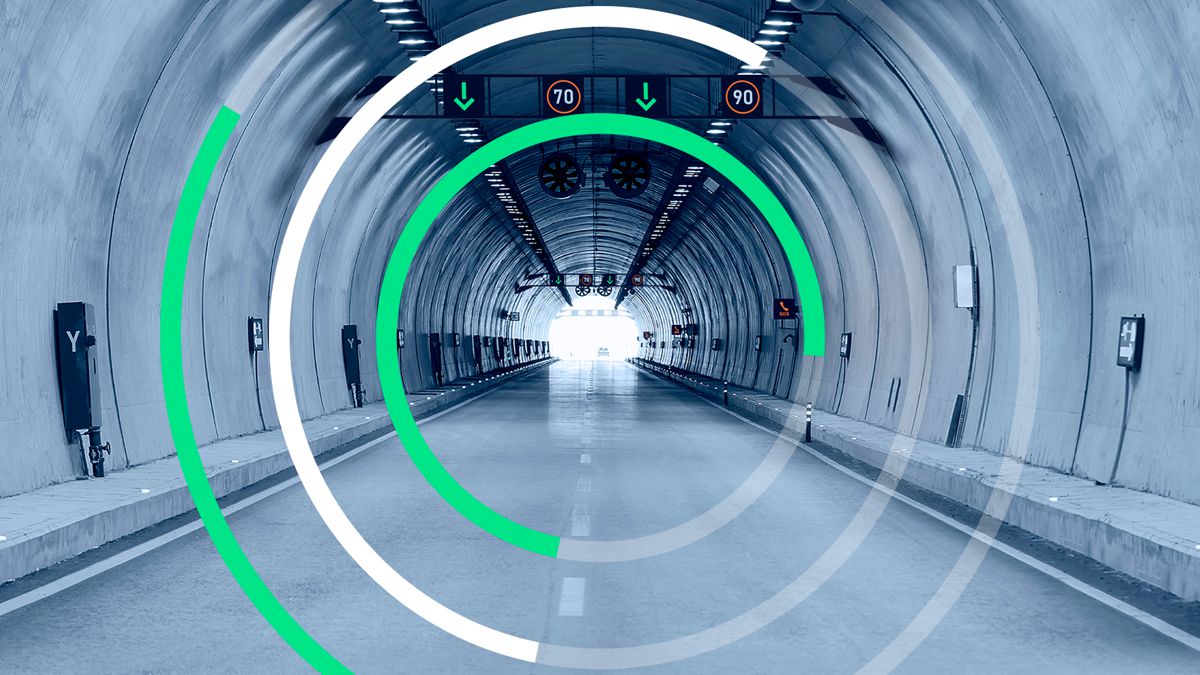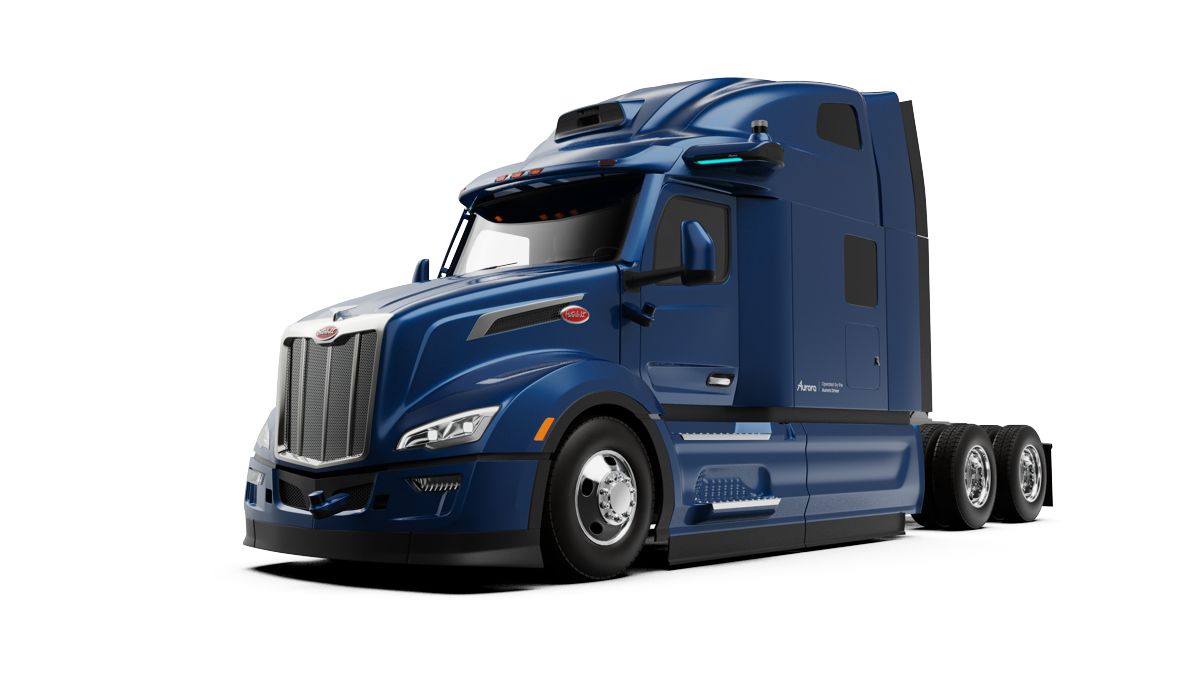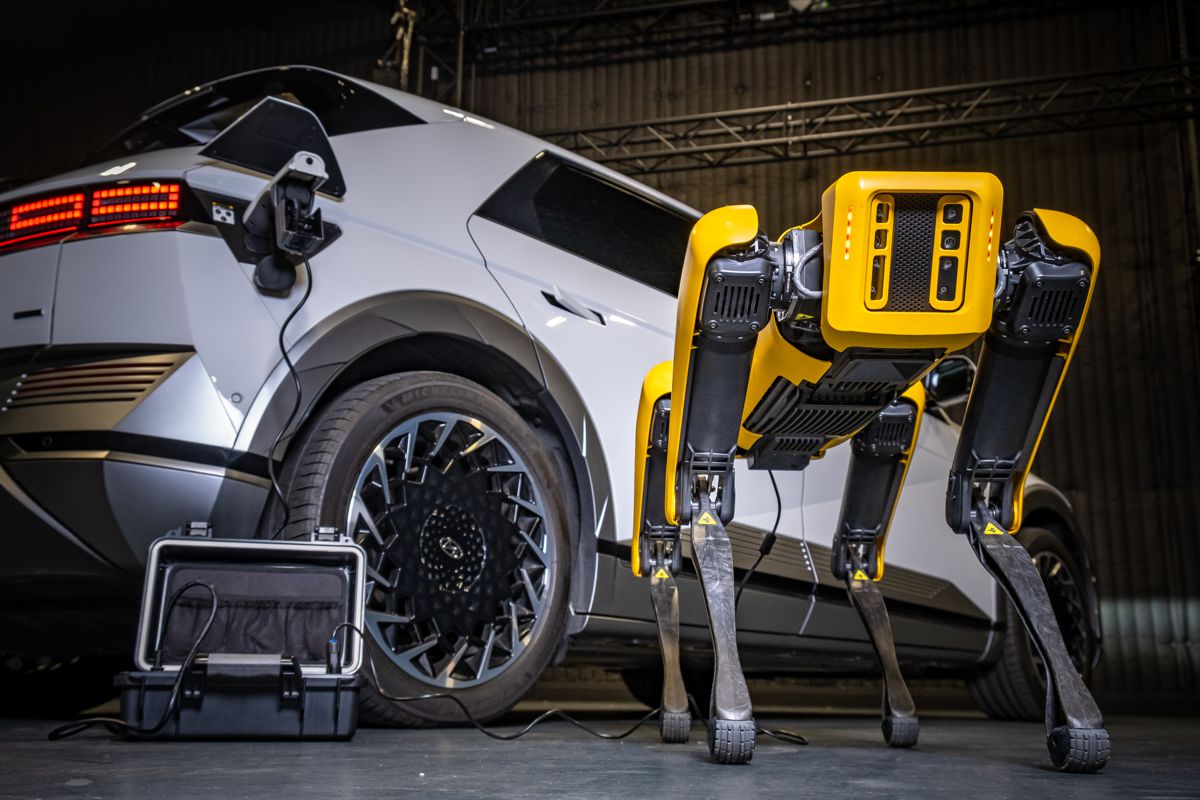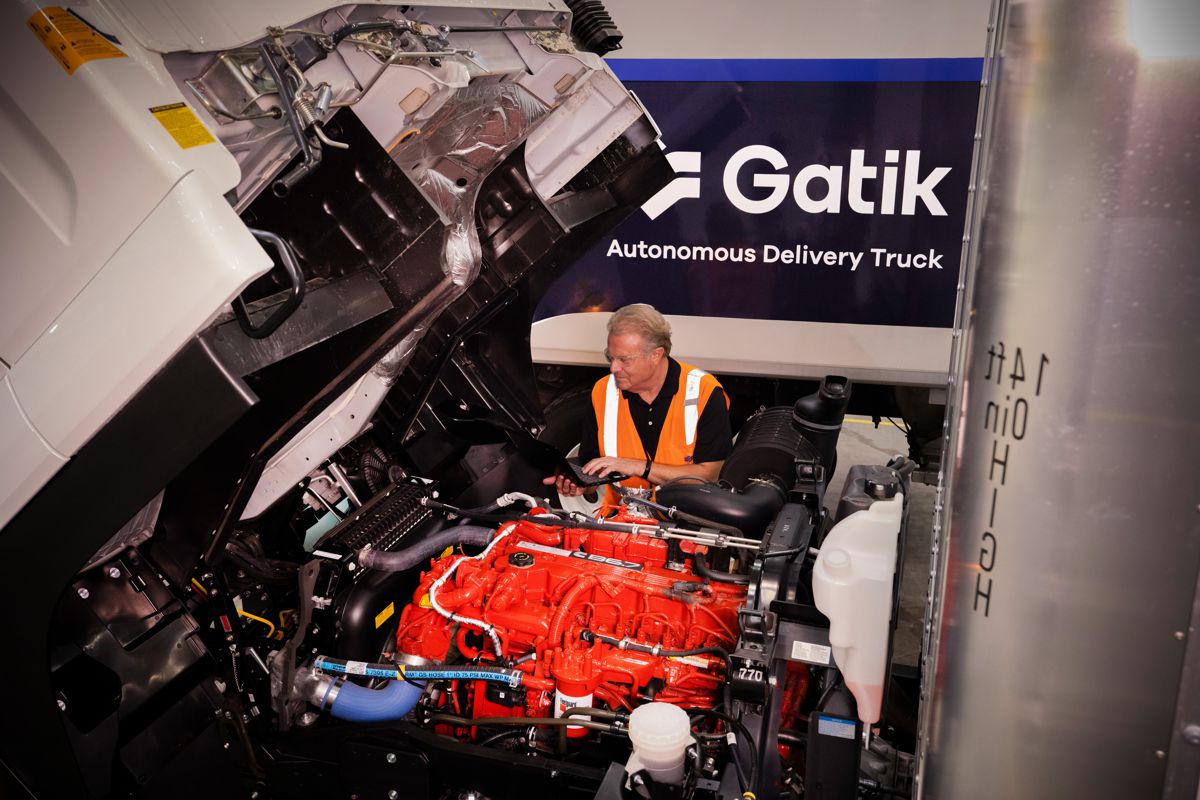Network Rail uses innovative fibre-optic technology to boost safety
Network Rail has awarded a contract to a consortium led by Thales Ground Transportation Systems Ltd to develop and trial Fibre Optic Acoustic Sensing (FOAS) technology that will support improvements in safety and performance on the railway.
FOAS technology will be enriched with data fusion to enhance the ‘listening’ capabilities of optical fibres, of which there are already around 20,000km running alongside Britain’s railways. The implementation of this technology – effectively creating a virtual microphone every few metres – has the potential to enhance remote condition monitoring of assets and provide valuable data to improve train performance and reduce disruption for passengers.
The awarding of the contract follows a Design Contest launched in November 2020, led by Network Rail in collaboration with Dutch rail infrastructure operator ProRail, which challenged over 40 suppliers of different sizes to come up with proposals for a funded 12-month outcome-focused trial of FOAS, IoT sensors and smart CCTV cameras, amalgamated through intelligent data fusion and processing. Companies were required to address four areas of operational challenges on the railway:
- Train movement and position reporting
- Rail and wheel defects
- Level crossing safety management
- Detecting trespass and people on the trackside
The trial work with Thales’ successful bid – featuring a consortium comprising SMEs to deliver different parts of the technology – will be conducted at Network Rail’s RIDC Melton test track, and on the mainline railway from Melton Mowbray to Leicester, commencing in Autumn 2021.
The Design Contest also formed part of an existing agreement between Network Rail and ProRail to collaborate on research and development opportunities. The two companies signed a Memorandum of Understanding in March 2019 that illustrated a commitment to work together and share expertise to solve challenges faced by the railway.
Huw Evans, Network Rail’s R&D portfolio programme manager, said: “This is a brilliant example of collaboration between Network Rail and ProRail to research and develop solutions to problems that are common to us both, and we look forward to working closely with the Thales-led consortium. RIDC Melton and the adjacent main line provide the perfect operational scenarios for us to safely and expertly test the technology and fully evaluate its potential.”
Karel van Gils, Director Innovation & New Technology from ProRail, said: “The collaboration between Network Rail and ProRail is already a success and will be continued in the joint development of algorithms for the various applications in the ProRail Datalab and collaboration with Thales.”
Thales’ winning bid represents an efficient approach to innovation by using existing infrastructure to deliver new capabilities while avoiding installation costs.
David Palmer, VP Main Line Rail, Thales in the UK, said: “Thales are excited to be working with Network Rail and our partners on the research, development and trialling of Fibre Optic Acoustic Sensing technology. The potential applications of this technology are vast, with this specific project covering a number of elements relating to performance and safety, from train movement to level-crossing safety management. The key objective is to allow Network Rail to evaluate how this technology can benefit their customers.”
The data could also be a valuable feed into the Rail Data Marketplace (RDM) – recently announced by the Government – providing a platform to share rail data across the industry and enabling a step towards a future data-driven railway. The RDM is expected to create new collaboration opportunities for developers, tech firms, and the rail industry.













